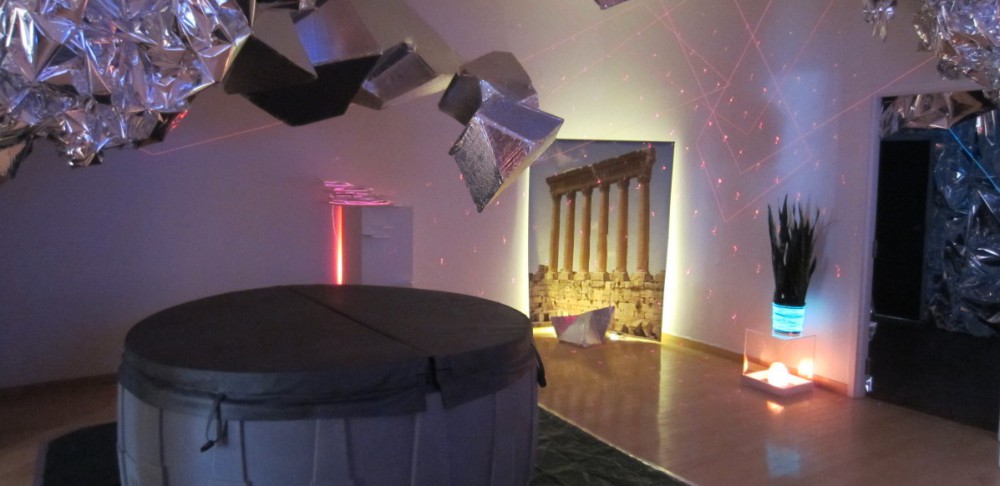As I said in class when asked how I felt about the novel; I’m a little disappointed. That mostly stems from the speed at which everything was ‘resolved’; in other words it felt really rushed. We go from the St. Francis Hotel, to Isidore’s apartment, to Rick’s apartment, then to some where up north of San Fran for some reason, then back to Rick’s apartment.
In regards to the androids, why develop characters only to give them such an unfulfilling and mundane end. The confrontation between Roy Baty and Rick was most underwhelming, especially due to to how fearful Rick made Baty out to be [chp(16):paragraph(3)]. Priss Stratton went to meet met her demise in half a page, even though she had a chapter or so dedicated to developing her [chp 6,7,18]. I suppose you could argue that the author was trying to paint them to ‘ultimately be a machine’. I just feel unfulfilled as these characters probably had more to offer, and should have put up more of a fight.
You might be saying that I’m glazing over very interesting details. That may be true, but in this case I’m viewing the narrative in macroscopic perspective. Take for example a forest. The insects, or the decay a fallen of a fallen tree, the activity going on in a small river, or the many other small elements that contribute to what we call a ‘forest’ may seem interesting. However its the culmination of all those parts together and seeing to where every ends up is what matters to me at the end of a plot. Which ultimately seems to be just Rick having a reconnect with his wife [chp 22:pp241-244].
Another gripe of mine of this story is Mercerism. I’m still trying to wrap my head around how this element is able to exist. As I understand it some old retired drunk somewhere in Indiana, communicates to everyone in the solar system through ’empathy’ boxes. What are empathy boxes? Who distributed them? Is this Wilber Mercer character some kind of powerful psionic? If so there’s no mention of it. How did he communicate with Rick [220:p4] without an empathy box? Whats with the barren terrain and the hill Wilbur is always trying to climb? I can see what it could mean, but what does it actually mean. All these questions seem to go unanswered, at least to me.
It seems all androids in the narrative have some sort of connection with each other. Almost as if they are working together to further their own cause. At the end of chapter 17, it seems as though Rachel knew what buster’s special was going to be about. On pages 208 and 209, the three androids also seemed to know what Buster was going to announce. When it was later revealed that Buster was an android it really cemented the idea in my head that they, all the androids, might be working with each other. In chapter 17, Rachel seems to allude to the fact that the Rosen Association had purposefully sent her to intervene in Rick’s hunt for the androids. If this is the case then we can assume that the Association is playing a large part in helping preserve renegade androids. If so, why?
Lastly my answer to the questions, “What does it mean to be human?” or “Is there a difference between humans and androids?” would simply be: does it really matter? One of the main plot points is that these androids are so advanced that the only way to determine their ‘race’ is if they have a certain amount of empathy. At that point is it really relevant to test them? They feel and cooperate with one another, and have the ability to want higher statuses for themselves. Aren’t humans just organic machines anyway?



